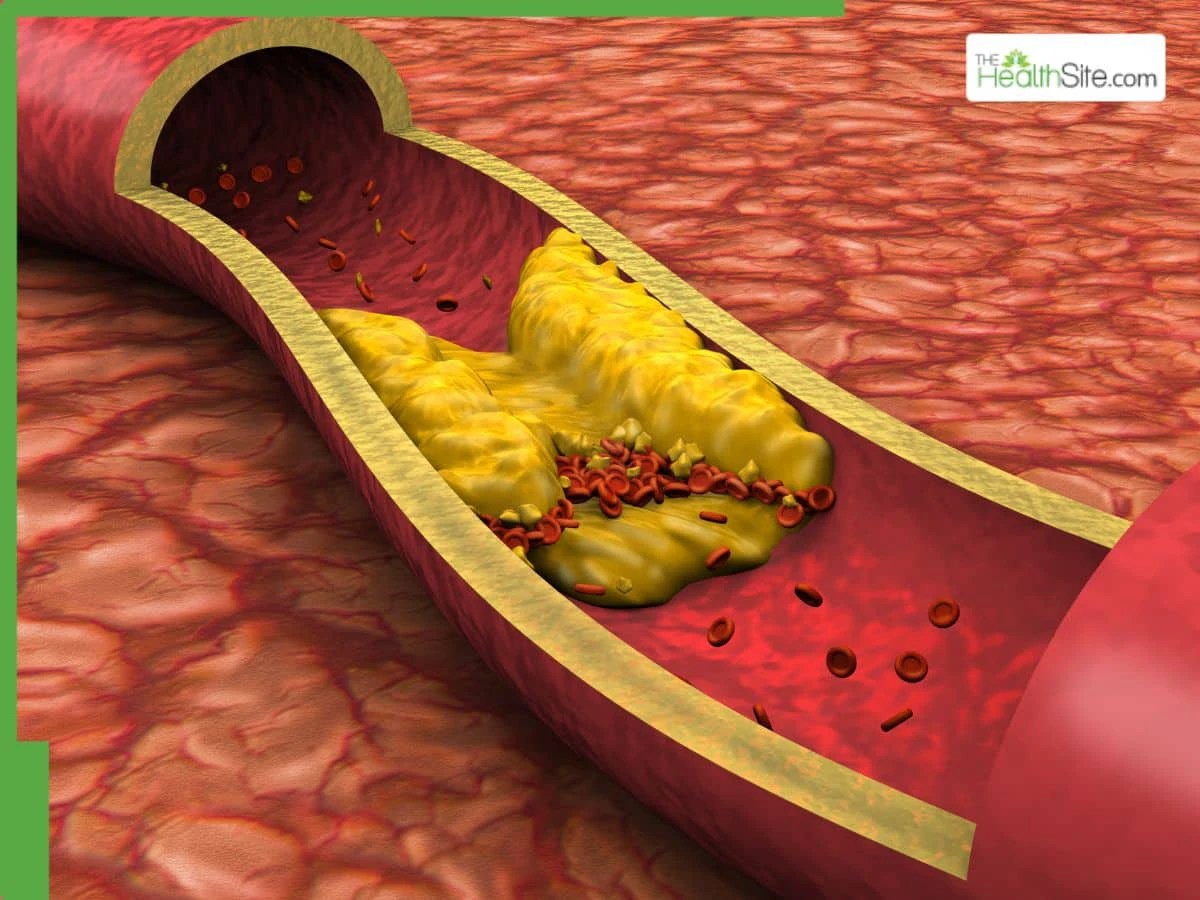Know the everyday habits that may be secretly raising your cholesterol levels. Find out how to break these habits and take control of your heart health with simple, effective changes.
High cholesterol is often seen as a health issue caused by genetics or age, but in reality, everyday habits can play a major role in raising your cholesterol levels. Low-density lipoprotein (LDL), or the so-called bad cholesterol, can accumulate in the arteries, and then it can lead to heart disease and a stroke. Luckily, by fixing just a couple of your usual habits, you can preserve your heart and enhance your health. Here are five common habits that may be raising your cholesterol and how to break them.
Eating Processed And Fried Foods
Saturated/trans fats processed meats (such as sausages, bacon, and deli meats), packaged snacks, and fried foods. These fats build up LDL cholesterol and reduce the high-density lipoprotein (HDL), also referred to as the good cholesterol.
Begin the reduction slowly. Replace the fried food with grilled, baked, or steamed food. Replace processed snacks with nuts, fruits, or whole-grain alternatives. Read food labels carefully, looking for terms like “partially hydrogenated oils,” and avoid them altogether.
Leading a Sedentary Lifestyle
Physical inactivity is associated with a decrease in the level of HDL cholesterol and an increase in the level of LDL cholesterol and triglycerides. The long sitting hours without body movement, particularly for the desk workers, is another point that can adversely affect the cholesterol levels.
Include at least 30 minutes of moderate-intensity exercise (such as brisk walking, cycling, or swimming) on a daily basis. Long sitting episodes should be coupled with short walks or stretching exercises every hour. Set yourself some steps with a fitness tracker and get yourself moving.
Skipping Breakfast or Eating Sugary Cereals
Not having breakfast might result in overeating during the day, and this will slacken your metabolism. Conversely, high-sugar cereals or pastries stimulate the surge of blood sugar and promote the increased triglyceride level.
Have a good balanced breakfast that is heavy in fibre and protein. These are good options, such as oatmeal with fruit, eggs and whole-grain toast, or Greek yoghurt and nuts. Sugary cereals should be avoided, as well as cereals having less than 3-5 grams of fibre and high added sugar.
Smoking and Excessive Alcohol Consumption
Smoking also destroys the blood vessels, thus allowing the cholesterol to accumulate inside the arteries with ease. It also reduces HDL cholesterol. Consumption of alcohol leads to an increased amount of triglycerides and may result in weight gain when excessive amounts of alcohol are taken.
In case you are a smoker, you need to find some support that will help you quit smoking via counselling, replacement of nicotine, or support groups. Take alcohol that is less in quantity, not more than 1 drink in a day (women) and 2 drinks in a day (men). Reduce the intake by thinking of alcohol-free days of the week.
Chronic Stress And Poor Sleep
Stress can indirectly increase the level of cholesterol by promoting the development of poor dieting habits, smoking, or alcoholism. It influences as well the hormones that regulate fat metabolism. The same applies to poor sleep that raises the chances of having high LDL levels.
Manage your stress by listening to meditation, doing yoga, and deep breathing. Strive to have 7-9 hours of quality sleep every night. Establish a relaxing bedtime routine and use nothing before bed to get better sleep.
How Can You Break The Habits That Increase Cholesterol?
To break unhealthy habits, start by setting specific goals, such as exercising regularly, eating a balanced diet, quitting smoking, and practising stress-reducing techniques.
What Are The Most Common Habits That Raise Cholesterol Levels?
Common habits that raise cholesterol levels include consuming high amounts of saturated and trans fats, lack of physical activity, smoking, poor diet, and excessive stress.
